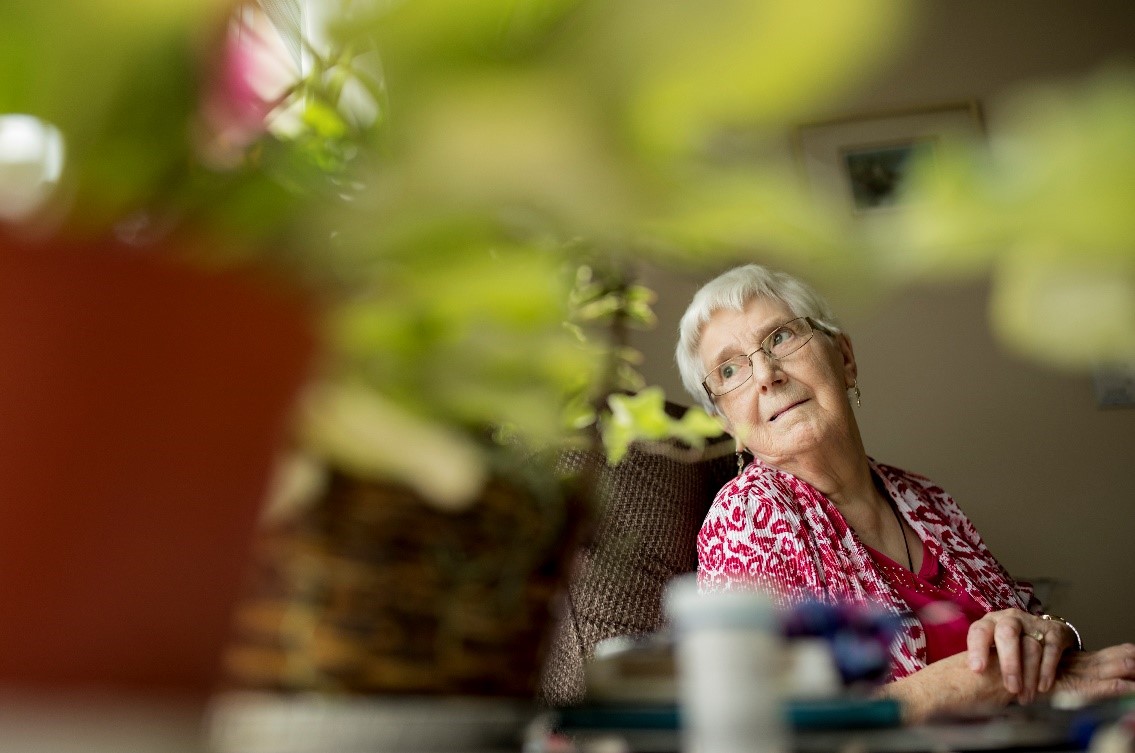Ontario's Home Care Sector Needs Help Now (anglais seulement)

Article by Jo-Anne Poirier, President and CEO, VON Canada. Originally published on LinkedIn.
To start, I wish to once again send my gratitude to our front-line employees and volunteers who – like everyone in the health field – pursue the best for our patients and their families at a time of great fear and uncertainty, at times working with some of Ontario’s most vulnerable populations.
I also wish to acknowledge the efforts of Premier Doug Ford, Health Minister Christine Elliott, Minister of Long-Term Care Merrilee Fullerton and the entire Ontario Government for their leadership in these difficult times.
While initiatives to mitigate the impact of COVID-19 have placed significant burdens on citizens and businesses, this past week was a stark reminder of why such actions have been necessary. In Ontario, the government provided sobering projections, including model estimates of millions infected and 100,000 deaths, should no intervention have taken place. Simply put, public health measures such as self-isolation, physical distancing and encouraging the limiting of outings have saved lives.
However, as we enter a critical period in the battle against COVID-19, these unprecedented health care challenges have put the viability of the Ontario home care sector and its more than 800,000 annual nursing visits at risk.
The reality is this – measures to limit potential exposure and transmission of COVID-19 have resulted in several unintended and unexpected consequences for the home care sector, including:
1) A 20-30% decrease in patient volume
VON and other home care provider organizations have seen significant cancellations for home care services stemming from patient and family concerns about potential exposure and transmission of COVID-19.
2) Critical shortages of personal protective equipment (PPE) for home care workers
This challenge is being faced by all elements of our health care system. However, without sufficient supplies, home care workers cannot visit multiple homes, resulting in fewer people being cared for in their homes and reduced levels of service.
3) Significant loss of workers from the home care sector
The government’s direction to limit cross-pollination of health workers serving multiple settings is an appropriate course of action to limit the spread of COVID-19. However, this has resulted in a number of home care workers including nurses and PSWs, choosing to move to health care institutions able to offer higher wages. The absence of wage parity between various parts of the health care sector has long been an issue of great concern to home care providers.
Bottom line – these alarming trends are reducing both the capacity and capability to treat home care patients. And this reduction of home-based treatment will increase levels of hospital-based treatment – at a time when we can least afford such a surge.
Ontario’s home care sector needs help now.
In response to this immediate threat, VON joined forces with colleagues in the sector to raise our concerns with Minister Elliott. In a letter to the Minister, we outlined urgent recommendations to ensure the sustainability of the home care sector, as well as preserve much-needed capacity in our hospitals.
Our recommendations to Minister Elliott are:
- Immediately mandate hospitals to assess and move appropriate alternate level of care patients out of hospitals and into their homes where possible;
- Empower hospitals to refer home care services directly to the service provider organization;
- Ensure that home care organizations receive the PPE necessary to continue treating patients; and
- Provide temporary incentive pay for home care workers to stem the loss of critical front-line staff to more lucrative segments of the health care space.
It cannot be overstated: the home care sector and its tireless front-line staff including nurses and PSWs must be a cornerstone in the overall efforts to combat COVID-19. This further commitment to the sector, combined with our continued vigilance, will help continue to bend the curve in our fight.
I look forward to continuing this urgent dialogue with Minister Elliott and the Government as we address these important issues.
Please be safe and well.
Jo-Anne


